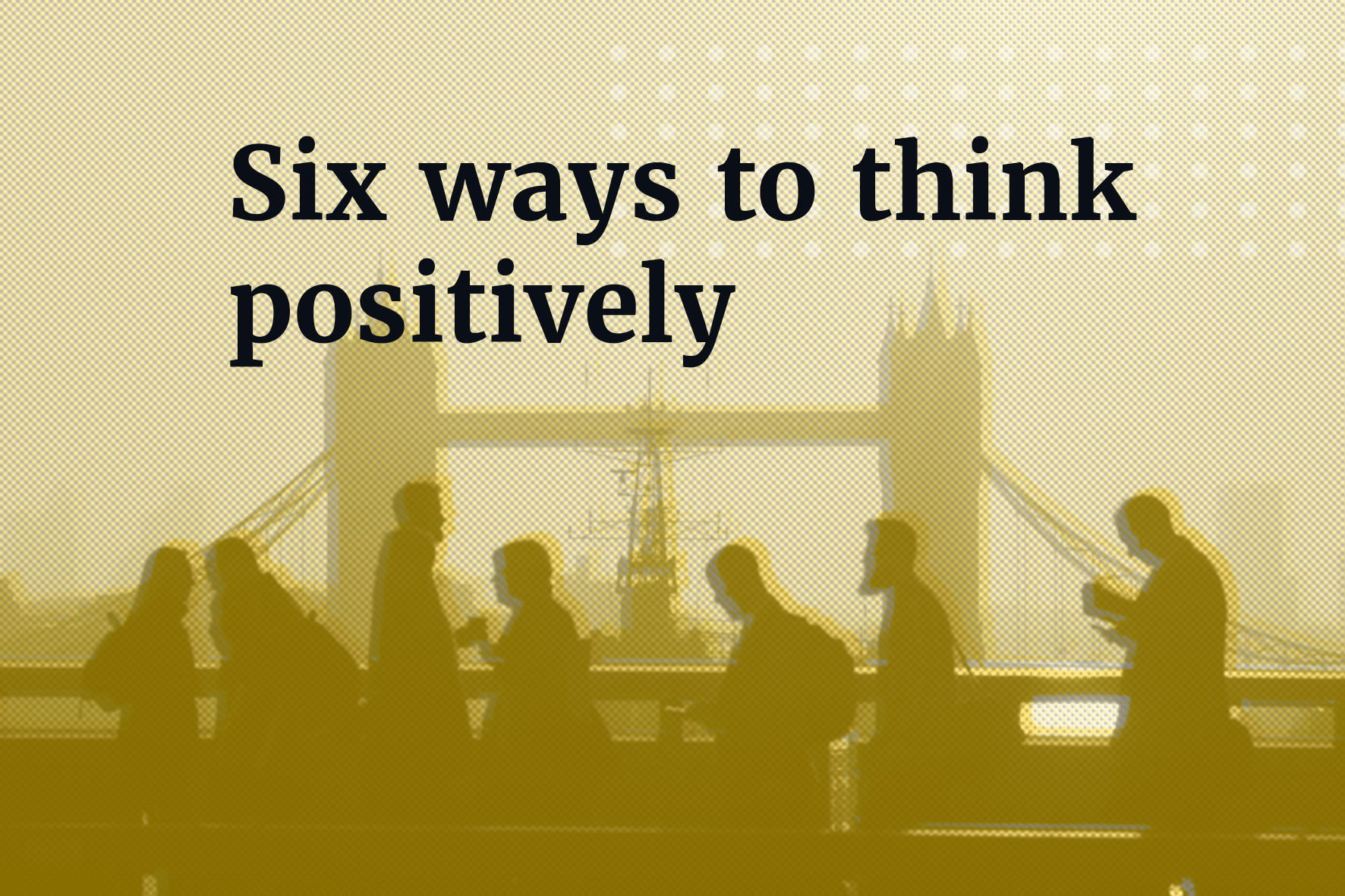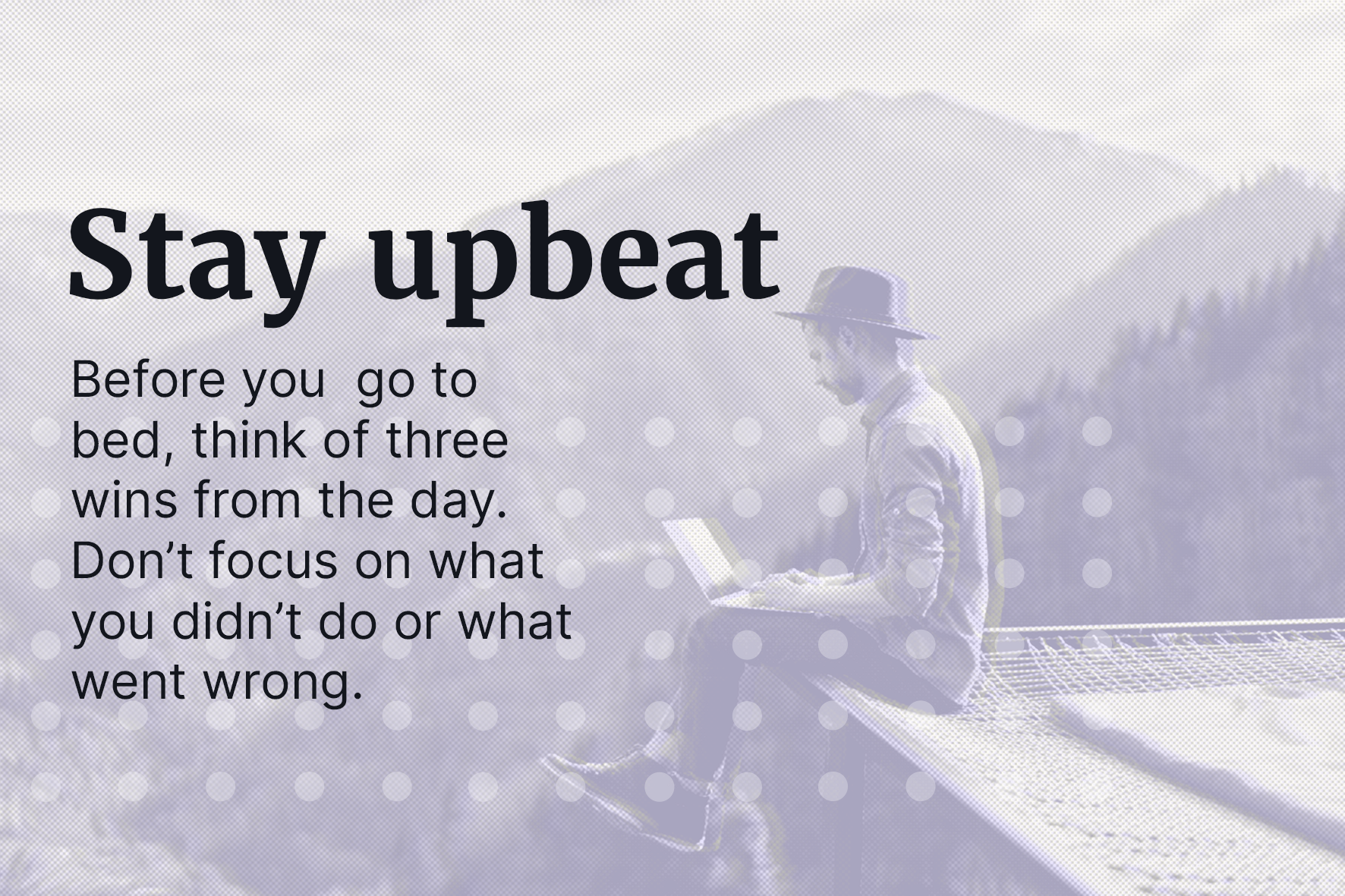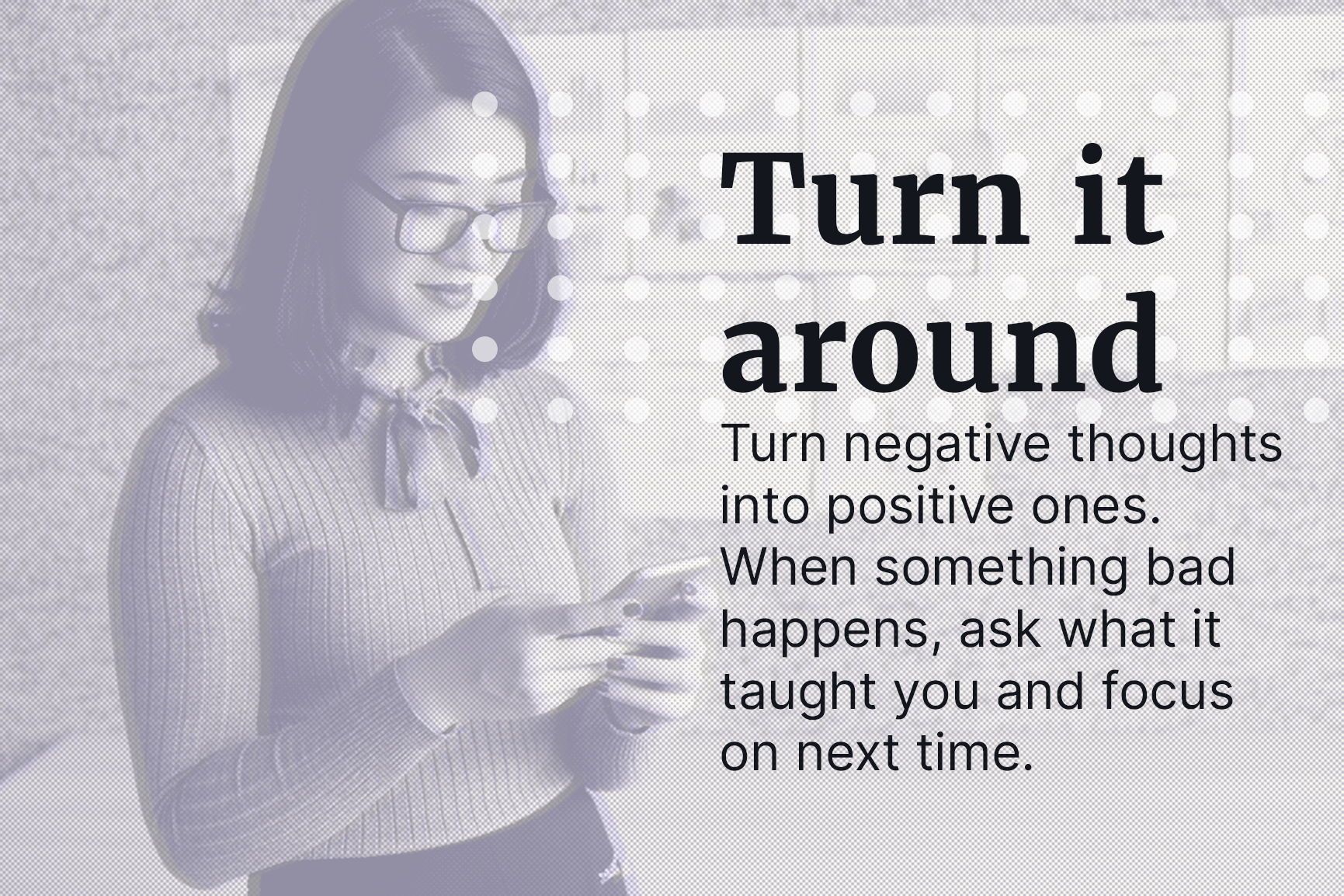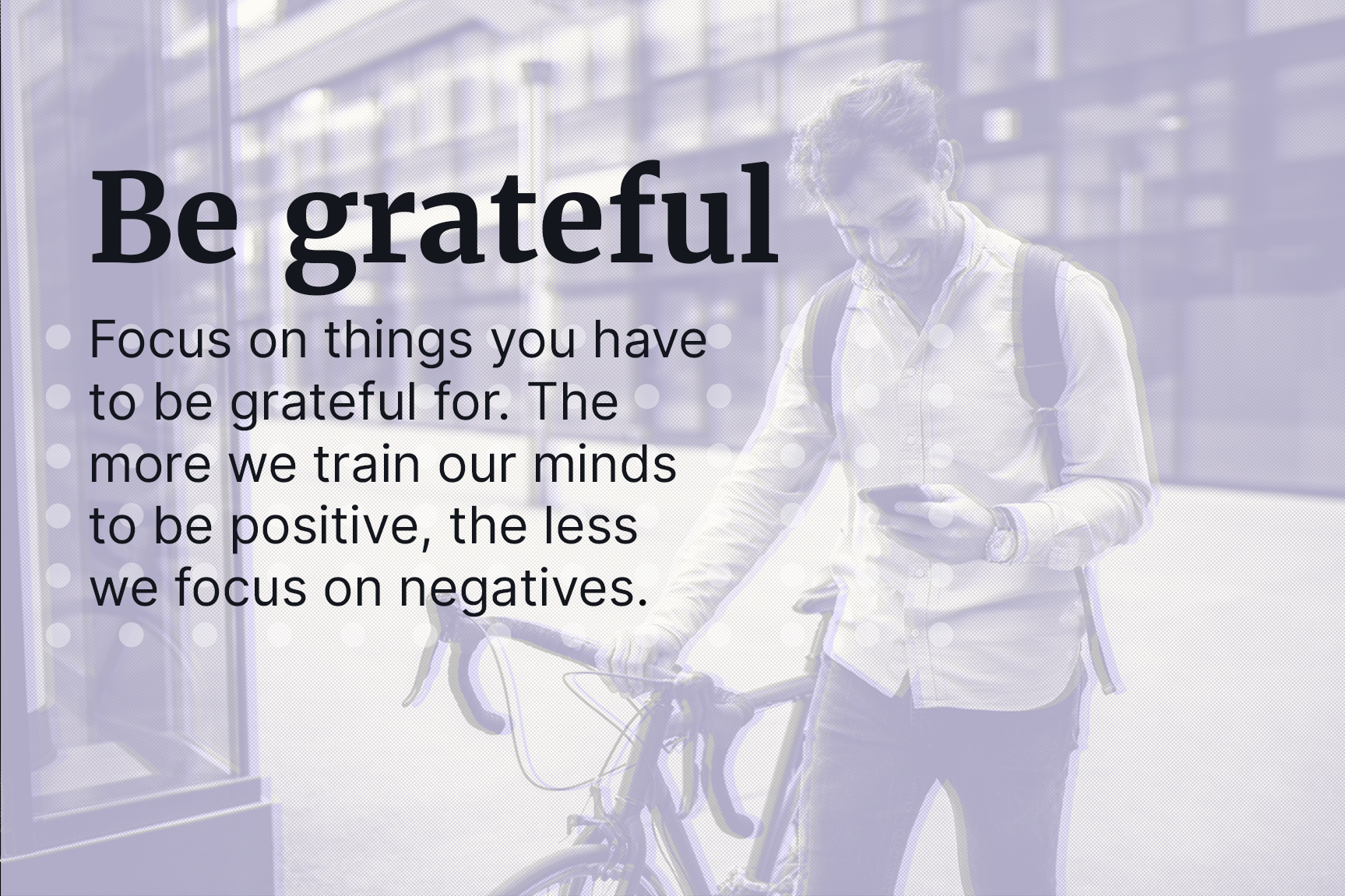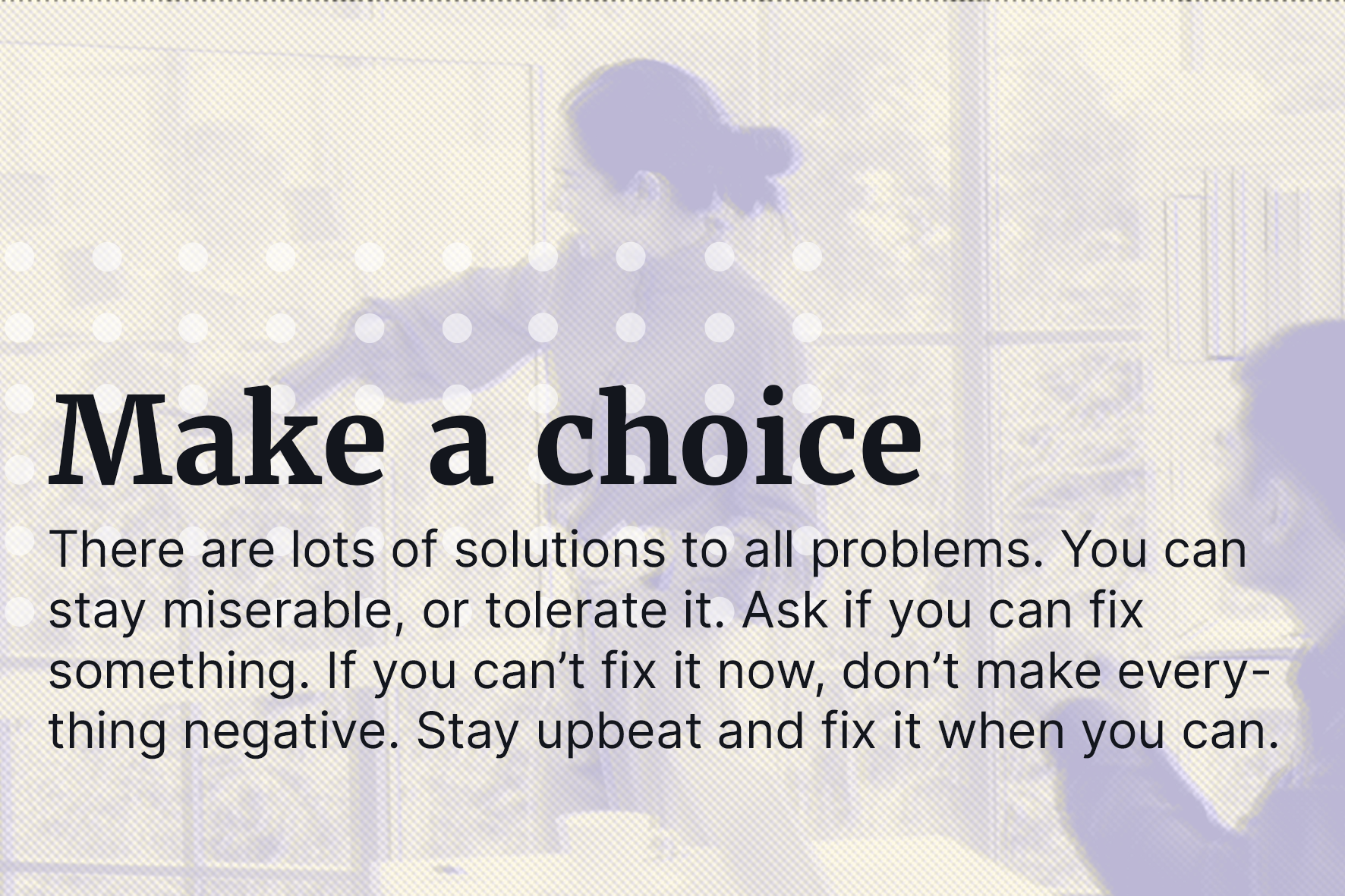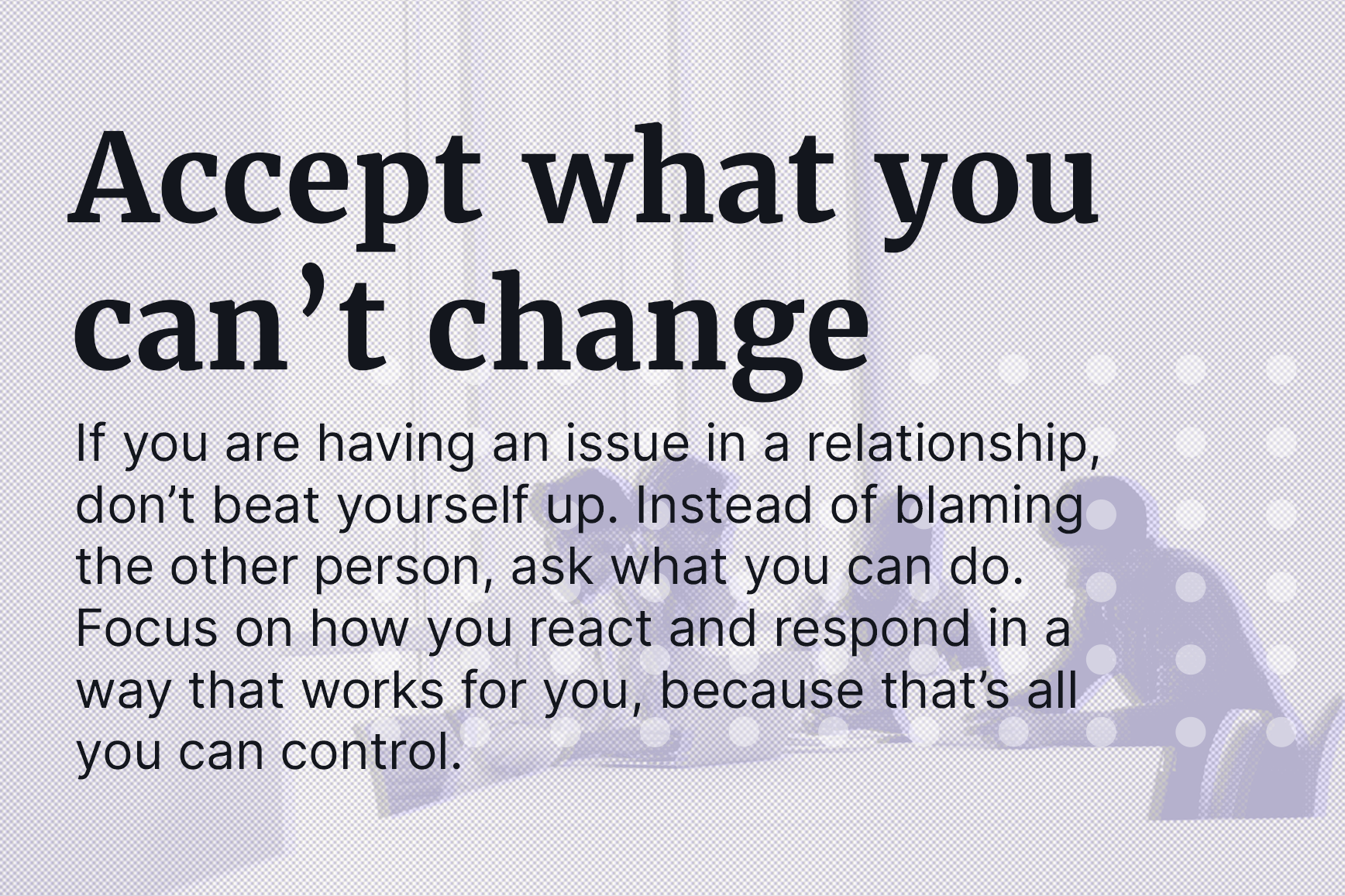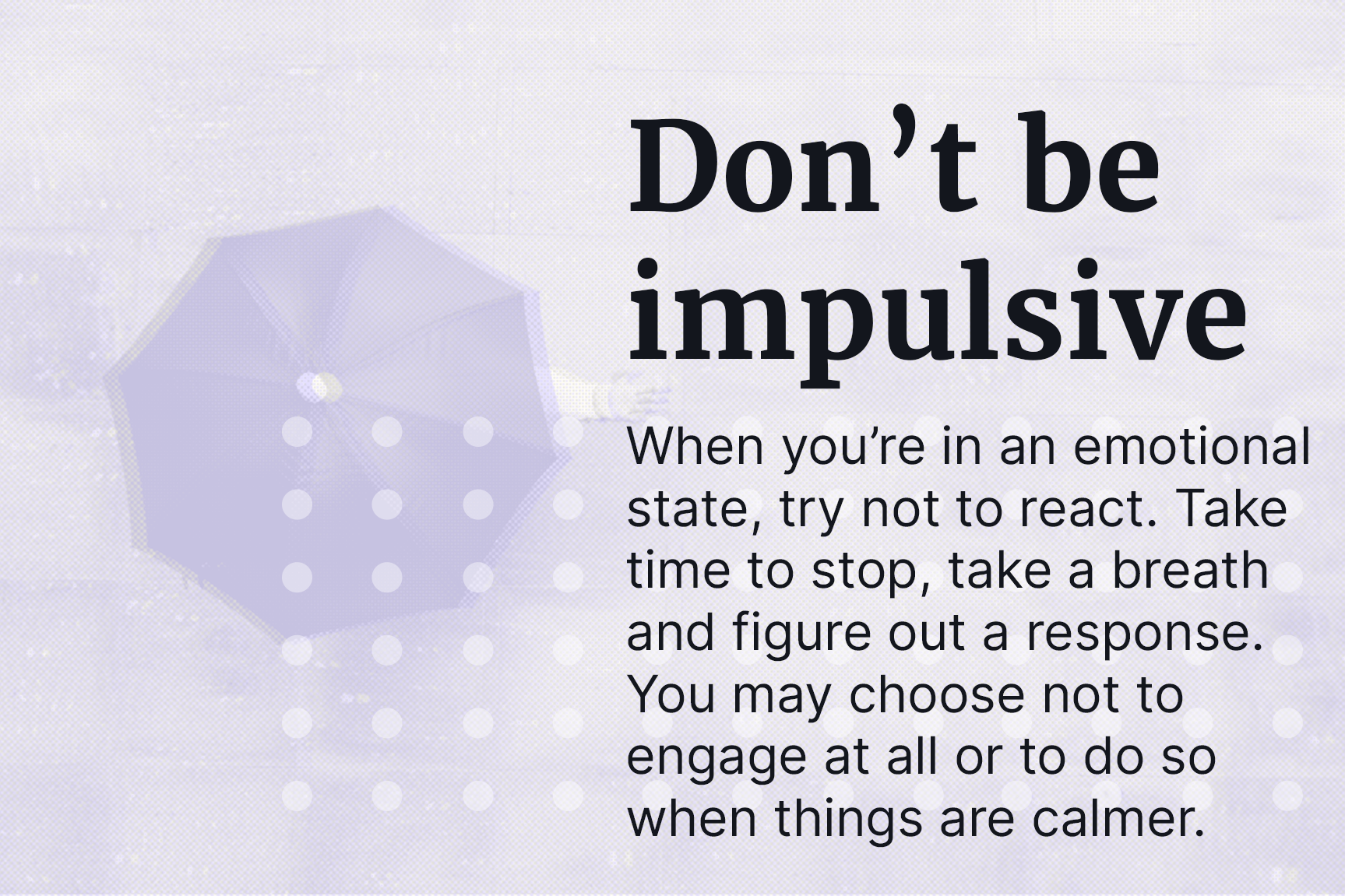Gordon Gekko may be spinning in his braces, Jordan Belfort howling in his lair, but Wall Street has changed. Forget “greed is good”, the most effective financial services firms today are built on diverse, open cultures embracing concepts such as mindfulness, wellbeing and concern for the mental health of staff.
In this new age of awareness, it’s not surprising to find Jennifer Shapiro-Lee walking the financial corridors of power. Shapiro-Lee is a therapist. While she offers the usual one-to-one support for individuals, couples and families, she also delivers preventative corporate training programs on employee mental health issues and wellbeing. She even teaches meditation, allowing would-be Jordan Belforts the opportunity to develop a different kind of chest thump (and chant routine).
Right now, there are plenty of reasons for those in financial services to feel under pressure. Markets haven’t settled down since Covid and then came the war in Ukraine. Volatility and uncertainty are rife. According to a June 2021 survey by the Banking Administration Institute, 37% of respondents felt the pandemic had a negative impact on their mental health. Aon’s most recent Global Wellbeing Survey identified the top wellbeing risks facing financial services companies as stress (67%), burnout (46%) and anxiety (37%).
“I’m brought in on other people’s behalf. But people aren’t as open to it as they might be.”
Jennifer Shapiro-Lee
The same report highlighted the extra challenges remote working is causing for employers, citing difficulties managing employee wellbeing at a distance; the potential for burnout and poor mental health, as remote work causes loneliness and makes it harder to separate home and work life; and a potential increase in security, conduct and fraud exposure as risk frameworks are challenged by remote working.
In the UK, responsible investors launched the CCLA Corporate Mental Health Benchmark to “provide a window on how 100 of the UK’s largest companies approach and manage workplace mental health, based on published information”.

A life of two halves
Jennifer Shapiro-Lee is a New York City-based therapist, who delivers wellbeing programs for employees in financial services and other firms. Following a successful career in fashion, and having experienced a personal tragedy, she retrained as a therapist, graduating from Columbia University in 2010. After time working as a psychotherapist, a clinical social worker and a clinical trainer, she founded her own practice in 2017. She now leads a team of several licensed psychotherapists, with different specialties and expertise.
Shapiro-Lee is unsurprised by this collective uptick. “There is always stress and anxiety around change and volatility. And research shows money remains one of the big stress factors. I work a lot in financial services, going to companies to offer mental health and wellness support for employees. It’s a stressful job managing and working with other people’s money.”
Lots of firms in the sector are serious about improving employee mental health, in order for people to perform well, be better with clients and take care of themselves. “Research shows that the companies that bring in these resources for staff get better results. It has a direct positive effect on the bottom line. There is less absenteeism, as fewer people take sick days, and a decrease in stress and anxiety,” says Shapiro-Lee.
Asked whether she has met resistance from clients or teams in an industry still known for macho posturing, Shapiro-Lee is a model diplomat, saying that regardless of industry, there is often an initial resistance or reluctance to engage. “I’m brought in by the head of HR on other people’s behalf. People are definitely resistant or hesitant. There is still a bit of stigma with these things and people are not as open to it as they might be.”
“More people recognize they need help and companies realize employees need support and are making services available.”
Jennifer Shapiro-Lee
Shapiro-Lee is talking via Zoom from her office in New York, an example of how remote video calls have been normalized by the pandemic. Covid has also changed perceptions of mental health. “A silver lining from Covid and lockdowns is that it has reduced the stigma of mental health,” says Shapiro-Lee. “People now recognize that lots of people across the world suffer from a mental health condition. When you go into an organization today, there is more acceptance. Covid normalized that. A lot of people who never wanted help [before] come forward now. More people recognize they need help and companies realize employees need support and are making services available.”
Shapiro-Lee adds that during Covid a lot of managers were coping with stressed employees and preventing this affecting clients. “It was a very stressful time. People didn’t know what to do and didn’t have the tools or training to deal with it.”

Google and Meta
Shapiro-Lee’s corporate work is mostly pre-emptive. “I don’t get called when there’s a crisis. It’s more often the senior team seeing the need for prevention. A lot of large organizations are offering this sort of support. Google, Meta and large insurance companies are doing it. Managers are saying people are burned out or anxious after the past few years and more people are coping with depression. I run different sessions, focusing one week on depression, the next on anxiety, or run a session on how to decrease stress or manage life-work boundaries. There are practical things everyone in the room can benefit from.”
So how did Shapiro-Lee get here? After all, it’s not the obvious trajectory for someone who started out in fashion. She says she always had the feeling she wanted to pursue two different careers, having an interest from a young age in mental health and fashion. “I had a really good career in fashion and was traveling all over the world and had a team who were doing really well. For some reason, I applied to grad school to go and be a therapist. In the end I didn’t do it. I had this great job and couldn’t explain why I was leaving, even though it felt like something I was meant to do.”
“You don’t know what people are going through behind closed doors. They appear to have perfect lives, but people have no idea. It’s a silent disease.”
Jennifer Shapiro-Lee
She says she has always been the sort of person other people open up to. With a natural ability to get along with people and be interested in their stories, she was a good candidate to be a therapist. But, when it happened, the switch from fashion was caused by a personal trauma, which caused her to rethink everything.
“In 2004, I lost my father to suicide. It was an awful, life-changing event. I never saw my father depressed. He was the CEO of a large hospital group. He ran this huge organization and worked till the day he died. We only found out after he passed that he had been going out of our area to get medicine for depression, because of the possible stigma. He didn’t want anyone to know he was suffering, because he was the CEO of the hospital and had this amazing reputation. When I found out he was dealing with depression and anxiety and felt like he couldn’t get help or tell people, I knew I was meant to help others in that situation.”
So, she applied again to grad school and left her fashion career to enroll at Columbia University in New York City. She graduated in 2010 and launched her practice soon after. “I’m extremely passionate about my work. I go into companies and remember my father had been a CEO. You never know who’s suffering. You don’t know what people are going through behind closed doors. They appear to have perfect lives, but people have no idea. It’s a silent disease. If you break your arm, you see it and fix it. And there’s ways to fix this stuff, too.”
One in four people suffer from a mental health condition.
Shapiro-Lee says the latest estimate is that one in four people suffer from a mental health condition. “It means in every company I go to, someone is suffering and people aren’t seeing it. That’s what I’ve made my mission in life. I’ve seen people transform their lives and save themselves through mental health treatment.”
While mental health challenges, such as anxiety and depression, remain silent killers in the workplace and across society, we’re all more vocal and more aware of them than we used to be. Shapiro-Lee agrees. “Organizations are using people like me because there’s a need for it and people ask for it. People want a better quality of life and better work-life balance. Covid made people realize they only have one life. It makes you look at yourself and ask ‘what am I doing with my life?’ We want to take care of ourselves physically, mentally, spiritually and emotionally. The need was always there, but it wasn’t as widely accepted before as it is now.
“Employees tell me what I do has helped them at work and home. People see others in the same situation and don’t feel so alone. Often they say they didn’t realize they could get help for themselves.”
Hybrid working
Before we wrap up the interview, we turn again to the pandemic and the effect of remote working. I ask whether she sees remote and hybrid working as a force for good or harm. “I see human connections are super important. But there are pros and cons to remote and in-person working. The hybrid model recognizes this. The challenge is that everyone’s different. Some love working from home, others feel isolated; some feel productive at home, others feel it’s impossible. Companies will have to be flexible, because staff want mental health needs acknowledged.”
People have seen what’s possible and know they can work well from home, the office or a hotel either side of a vacation. “It’s about being in tune with staff and understanding their needs. There will have to be compromise. Employers, managers and leaders need to figure out what staff want. It’s hard to meet everyone’s needs perfectly.”














